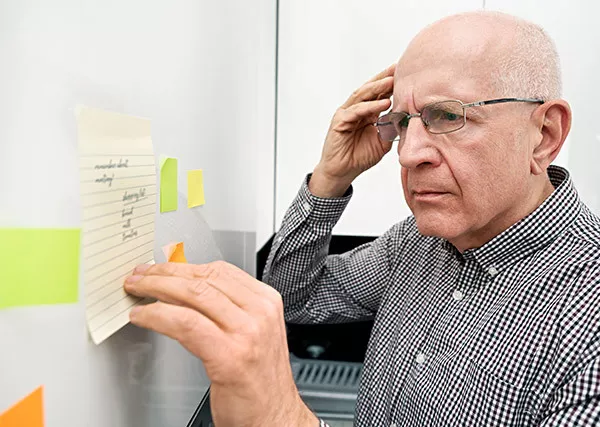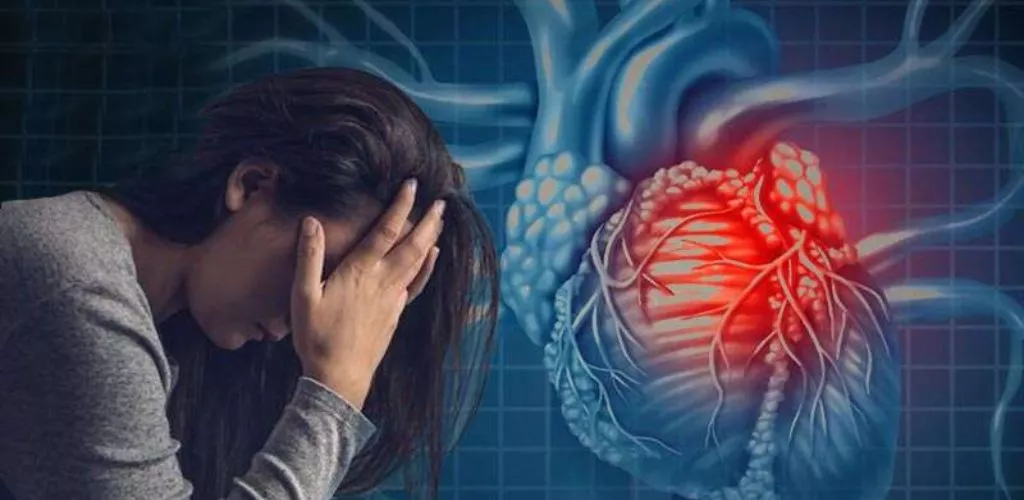As one grows older, some of these cells degenerate, resulting in the loss of efficiency in day to day activities. However, it never reaches the level were normal social and professional functioning is critically affected. Consulting a neurologist in Kochi Kerala can help monitor these subtle changes early.
Dementia involves the progressive, significant loss of these circuits, out of proportion to one’s age. As a result, the patient’s daily functioning is compromised beyond a critical level. This is due to a faulty processing of incoming information, the executive decisions go wrong, resulting in inappropriate actions, words or behaviour. It gets progressively worse over time and is reflected in the degenerating clinical picture of Dementia. Seeking guidance from a reputed neurology Hospital in Kochi Kerala ensures proper diagnosis and management.
Dementia produces the loss of various islands of cognitive function, like memory, understanding and spoken speech, emotions, behaviour, sense of direction, control of bowel and urine. Recent memory is the faculty most commonly affected with a relative sparing of old memories. This is especially characteristic of Alzheimer’s disease. Fronto temporal dementia, on the other hand, usually involves the loss of language skills and behavioural abnormalities, with only a late involvement of memory. Dementia with Lewy Bodies produces visual hallucinations and a fluctuating pattern of memory and attention deficits
The older one grows, the more likely the chance of developing this pathological condition. At the age of 80, there is a 20% chance of developing Dementia.
Dementia can result from many diseases, and Alzheimer’s is only one of the implicated pathologies. It can also occur secondary to Thyroid and Vitamin B12 deficiencies, chronic infections like Syphilis or AIDS, multiple strokes or other degenerative diseases like Fronto temporal dementia or Dementia with Lewy Bodies (DLB).
Anxiety and depression can result in the temporary deterioration of cognitive function, resulting in a dementia-like picture. However, this is an eminently treatable condition and constitutes only a dementia mimic- pseudo dementia.
Any person who has a deterioration from his normal level of day to day functioning, socially or professionally, requires to be assessed for the possibility of a dementing process.
This would involve the scientific assessment of his present level of functioning, covering the various cognitive faculties of the brain. It would also require the ruling out of a possible depressive state. The focus of investigations would be to identify and rule out treatable conditions, which can result in dementia, like infections, or deficiency diseases. These can be diagnosed by the appropriate blood tests. Partially treatable problems like strokes or tumors can be identified by using imaging techniques like an MRI scan.
After these treatable conditions have been ruled out, we are left with a basket of progressively degenerative irreversible diseases like Alzheimer’s disease and Fronto Temporal Dementia. Unfortunately no specific treatment is as yet available to cure or mitigate these conditions.
Some drugs have been found to slow down the relentless progress of the disease. Individual symptoms which endanger the patient or stress out the care givers can be therapeutically targeted. These would help improve the quality of life of the patient and the caregiver.
Public awareness needs to be increased about the existence and extent of the problem.
Caregivers should be made to understand that the disease in their close relatives is not their fault and they need not feel guilty about it. Looking after these demented patients is a 24 x 7 job, very often thankless. Many times the caregivers go into depression, being physically exhausted and emotionally blunted after caring for these patients. They need help and some breaks in their daily drudgery. We need to have more NGO’s in society, manned by motivated volunteers who can help in looking after these patients. The government needs to step in with financial and infrastructural support.
A great amount of research is going on world-wide to help crack the secrets of these unfortunate diseases. We can only hope and pray for a serendipitous discovery that would offer a breakthrough treatment.





